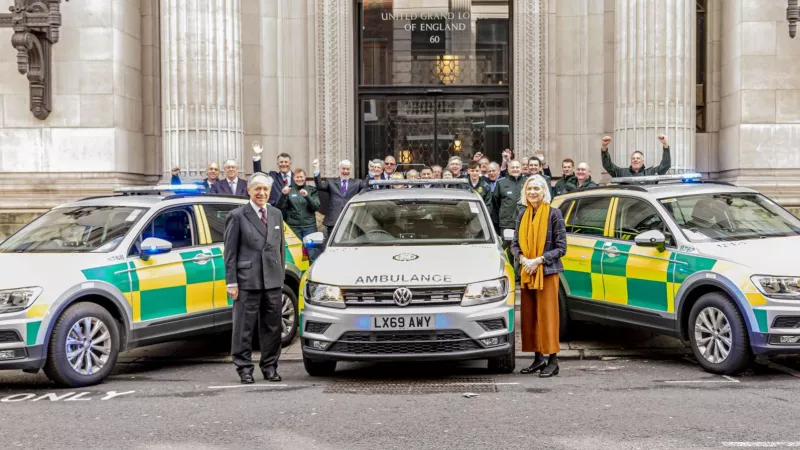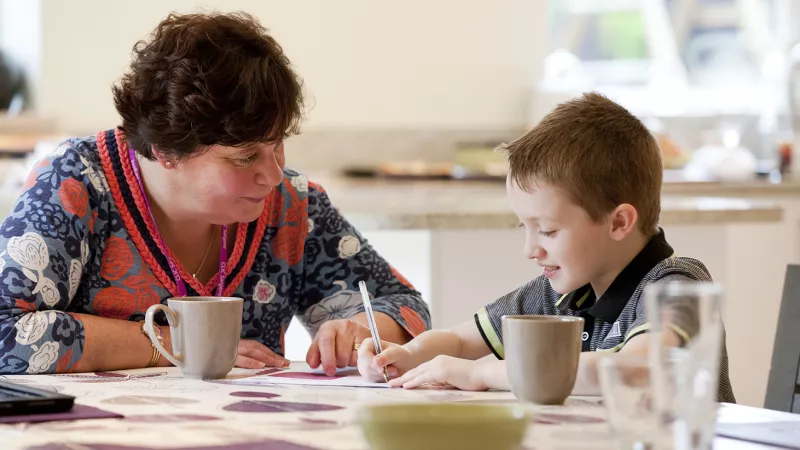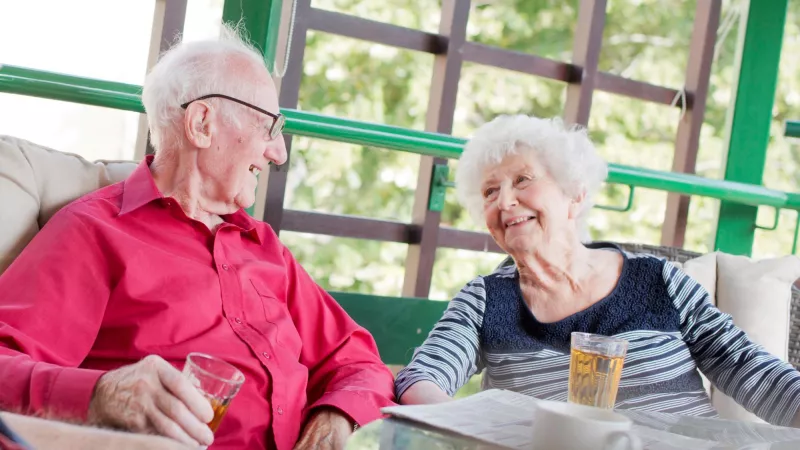The Freemasons Fund For Surgical Research
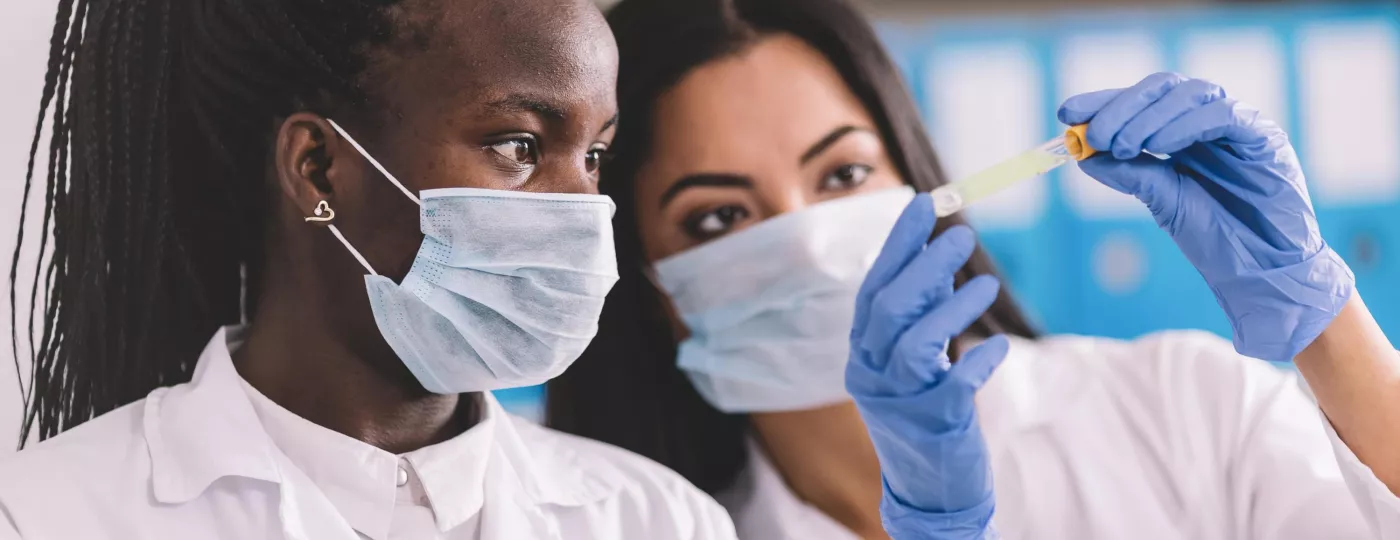
The Freemasons’ Fund for Surgical Research (FFSR) provides Research Fellows of the Royal College of Surgeons (RCS) with grants each year to pursue cutting edge research work, which might otherwise not have been funded. During its more than 50 years of history, the FFSR has supported much groundbreaking research and many of the Fellows have gone on to distinguished careers.
Many of the Fellowships have been in the field of cancer research but many other disciplines have been supported as well. From organ transplantation and robotic surgery to laparoscopic techniques and joint replacements, innovations in surgery continue to push the frontiers of patient care. Procedures that would have once been futuristic and unachievable are now changing the lives of patients, thanks to research and technological progress enabled by major grants from the FFSR.
The Trustees meet regularly to select new Fellows and review past outcomes, guided by their surgically qualified members and assisted by senior members of the RCS, including the president. Notably, in 2020 a device developed by a Fellow in 2018, Meera Joshi, was rolled out across hospitals to assist in the fight against Covid-19. It is a sensor that can easily be attached to patients. It operates wirelessly and vital signs can be monitored in real time. At a time when staffing in hospitals has been so stretched, it has been a vital aid.
The work of recent Research Fellows in the last two years includes:
- Tackling deep infection following knee joint replacement surgery
- Improving the testing of prostate cancer biopsies
- Stem cell construction of cartilage for ear reconstruction
- Improving outcomes for sufferers of advanced bowel cancer
- Tackling bowel disease in premature babies
- Identifying women with a greater risk of breast cancer
And in the current year Fellows are working on:
- Investigating biomarkers in pancreatic cancers
- Improving understanding of the implications of frailty in emergency surgery
- Examining prospects for liquid biopsies when treating thyroid cancer
- Understanding the development of gastric cancers
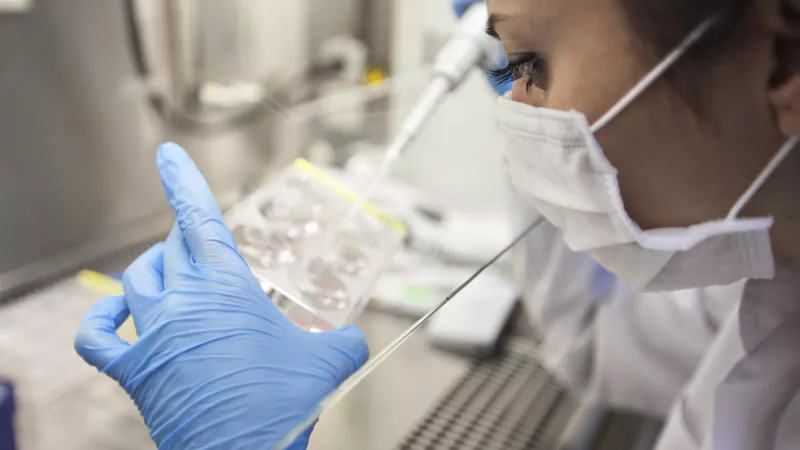
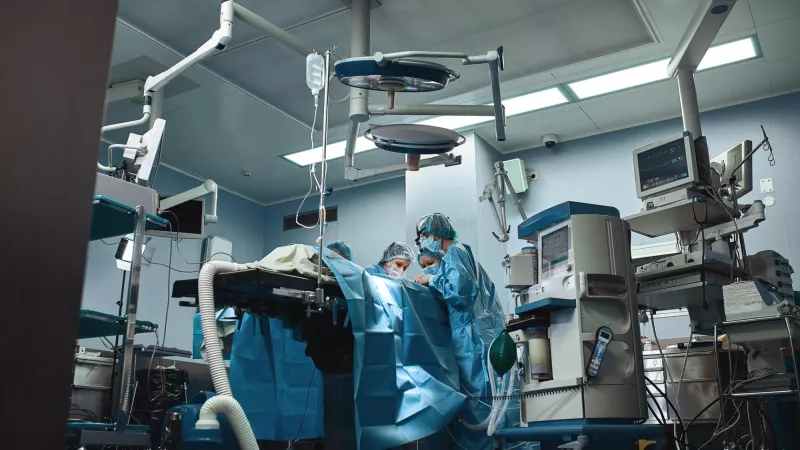
History
The FFSR began life in 1967 following an appeal by the then Grand Master, the Earl of Scarborough, when he launched an appeal to raise funds for a new Masonic charity to mark the 250th anniversary of the foundation of Grand Lodge.
The donations made by FFSR in the first 47 years were thanks to the original donations by Freemasons in 1967. The capital was astutely invested under the watchful eyes of the FFSR Trustees over the years, eminent Freemasons selected to champion and steer the investments to produce returns sufficient to sustain the annual grant donations, while maintaining the capital value of the fund in face of inflation.
It was not until 2014 that FFSR received further contributions, when the Royal Arch Companions donated an incredible £2,424,900 in recognition of the bicentenary of the establishment of the Royal Arch. The fund has never been part of the festival system and has relied on the careful investment of its two major donations, supported by occasional gifts from individual Lodges and Freemasons.
The object of the fund has always been and remains to support the charitable work of the RCS in the field of clinical research
The fund is controlled by Trustees, appointed by the Grand Master, and advised by independent external investment advisers and accountants. There are no employed staff, all the work is undertaken voluntarily by the Trustees and the two Secretaries to the Trustees.
Trustees
The Fund is controlled by Trustees, appointed by the Grand Master, and advised by independent external investment advisors and accountants:
Justin Ash (Chairman)
Jolyon Berry
Paul Copsey
Antony Narula MA MB BChir FRCS FRCS (Ed)
Jonathan Andrew Randall
Howard Ian Sabin FRCS
Julian Soper MA (Oxon), FCSI
Michael Messent (Secretary)
Stephen Finch (Assistant Secretary)
For further information, please visit the Freemasons’ Fund for Surgical Research website.
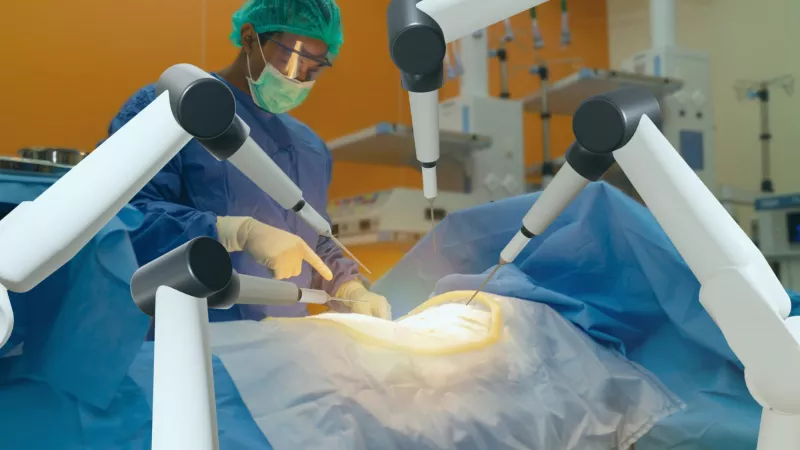

The Fellows of the College are some of the brightest and best surgeons in the land and the funding enables them to spend a year working on innovative treatments for medical conditions.
“We aim to investigate EV-microRNAs as clinically-useful biomarkers in the blood and liver-bile, for patients first presenting with jaundice (yellow skin), and undergoing endoscopy to relieve the bile-duct blockage possibly due to a tumour. New biomarkers will hopefully improve the speed and accuracy of cancer diagnosis, enhance clinical decision-making, and allow more personalised treatment strategies.”
Daniel Liu, Imperial College London
Investigating biomarkers in pancreaticobiliary cancers
“We will use exciting new experimental techniques to grow stomach cells obtained from patients who have atrophic gastritis in the laboratory. We will then test how gastrin (a stomach hormone which is present in higher than normal amounts in patients with atrophic gastritis) affects the growth and behaviour of these cells. Precancerous changes can exist for a number of years and by dissecting the process we can identify points of intervention and treatment. These points could be targeted in clinical trials in the future for the development of personalised medicine or used in screening programmes for early detection of gastric cancer.”
Klaire Exarchou, MRCS, Henry Wellcome Laboratory, Liverpool
Understanding the development of gastric cancer
Join Freemasonry today
Locate your local lodge where you live, work or study.
International lookup by area
